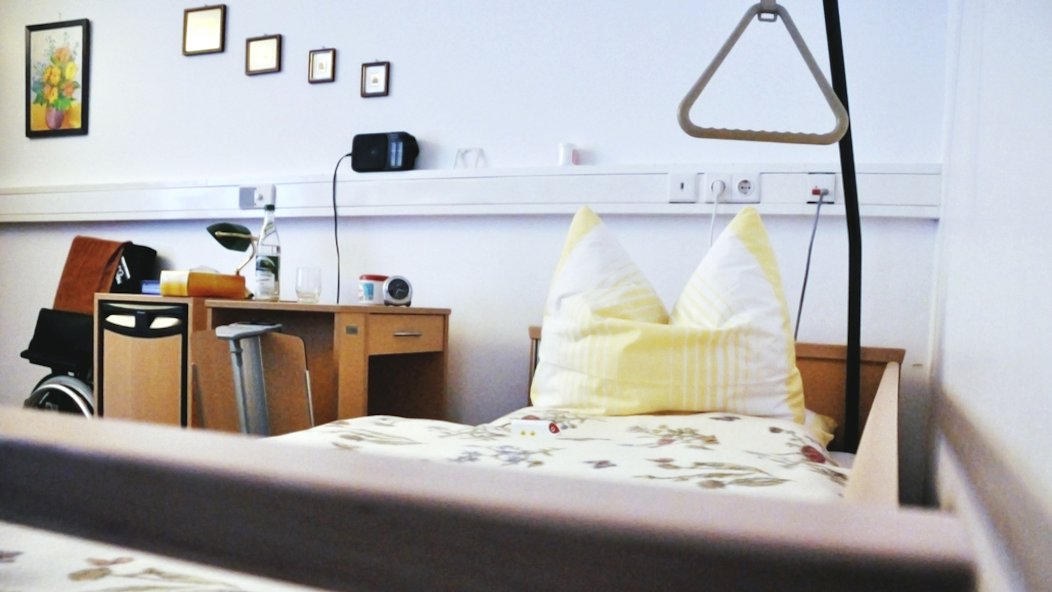Health sciences
How can diseases be prevented? How do you manage a hospital and how do you prepare information - about a pandemic, for example - in such a way that it is also understandable for medical laypeople? The study programmes in the field of ‘Health Sciences’ dealt with this range of topics.

Overview of the academic discipline
The health sciences provide a wide range of perspectives on the topic of ‘health’. Due to demographic change, epidemiological changes and medical progress, the requirements in this field have increased in recent years. Some professions that used to be accessible via vocational training can now also be accessed via a degree programme, for example in obstetrics, paramedicine, emergency services or medical assistance.
The degree programmes combine content and methods from biosciences, natural sciences and humanities courses. Students learn about the physical, psychological and social conditions under which diseases arise, for example how stress favours the development of diseases, how climate change affects health or how to motivate people to achieve longevity, i.e. to promote their own health into old age.
Which topics are included in the curriculum?
Depending on the subject focus of the degree programme, the Bachelor's degree course offers modules on topics such as: Economics of Healthcare, Health Policy, Methodological Foundations of Health Sciences, Health Management, Prevention and Health Promotion, Epidemiology and Statistics, Legal and Business Fundamentals and Quality Management in Healthcare.
- Gerontology deals with the topic of ‘ageing’ from a medical, nursing, psychological and sociological perspective.
- Health promotion and health education deals with the planning and implementation of health promotion measures and aspects of prevention, intervention and rehabilitation.
- Health Science, Public Health provides basic scientific and practical knowledge in the fields of medicine and health science, combined with content from the social sciences, psychology and economics.
- In midwifery, students acquire scientific and practical skills in pregnancy, birth and child health. They acquire basic knowledge in anatomy, physiology, counselling, obstetrics, paediatrics and law in order to be prepared for the care of pregnant women, women giving birth and women who have recently given birth.
- The academic study of medical and rescue services includes scientific and practical knowledge in accident medicine, acute diagnostics and acute therapy as well as rescue services and disaster control.
What are the requirements?
A good basis for a successful degree programme in this area is knowledge of the following school subjects:
Biology and chemistry, maths, economics/law and English
What study programmes are there to choose from?
Universities, universities of applied sciences and dual universities offer degree programmes such as (applied) health sciences, public health or health management.
The degree programmes are available as full-time or part-time courses. There is also the option of distance learning.
What job opportunities are there after graduation?
Graduates of health science degree programmes can, for example, work in health authorities or municipal administrations, at health insurance companies, in rehabilitation facilities or other healthcare institutions. The fields of activity range from health management to health counselling.
